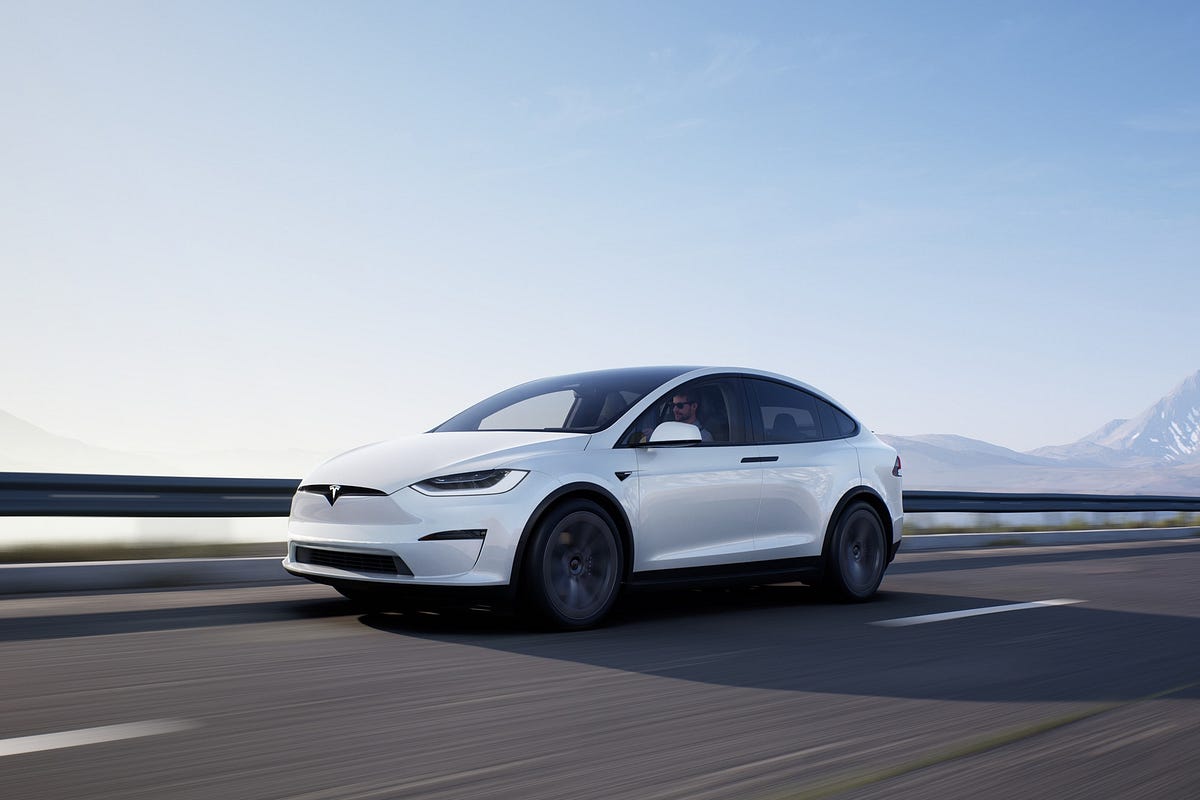Medium
3w
123

Image Credit: Medium
Tesla Launches Limited Robotaxi Service in Austin | VBM
- Tesla launches limited robotaxi service in Austin amidst mounting pressure on EV sales and competition from firms like Waymo.
- Success could help Tesla regain momentum and demonstrate the capabilities of its Full Self-Driving (FSD) technology in a commercial setting.
- This marks the first real-world implementation of Tesla's driverless ride-hailing concept, starting with 10 to 12 vehicles and excluding airport trips.
- Expansion plans to cities like Los Angeles and San Francisco have been hinted at by Elon Musk, but analysts are cautious about widespread adoption.
- The pilot's success will determine future scalability based on performance and safety outcomes.
- Tesla has faced delays and promises regarding autonomous driving since 2019, making this pilot crucial for the company's autonomous ambitions.
- The robotaxi debut comes at a critical period for Tesla, as it seeks to solidify its position in the autonomy market against competitors like Waymo.
- The service may be suspended during adverse weather conditions to ensure passenger safety.
- While some view this as Tesla's step toward a 'golden era of autonomy,' others believe widespread adoption may still be years away.
- The limited robotaxi launch showcases Tesla's commitment to advancing autonomous technology and the potential impact on the ride-hailing industry.
- Analysts and the industry are observing the Austin launch closely to gauge the feasibility and success of Tesla's robotaxi vision.
- The deployment of robotaxis in Austin represents a significant milestone for Tesla in moving towards autonomous mobility solutions.
- The Austin launch will serve as a litmus test for Tesla's ability to translate its autonomous driving advancements into a viable commercial service.
- Elon Musk's vision for widespread robotaxi adoption and expansion hints at the potential transformative impact Tesla could have on the transportation industry.
- The robotaxi service in Austin is a crucial strategic move for Tesla to showcase its progress in autonomous driving technology to the public.
- The success of the limited robotaxi service in Austin could have far-reaching implications for Tesla's market position and the future of autonomous vehicles.
Read Full Article
7 Likes
For uninterrupted reading, download the app